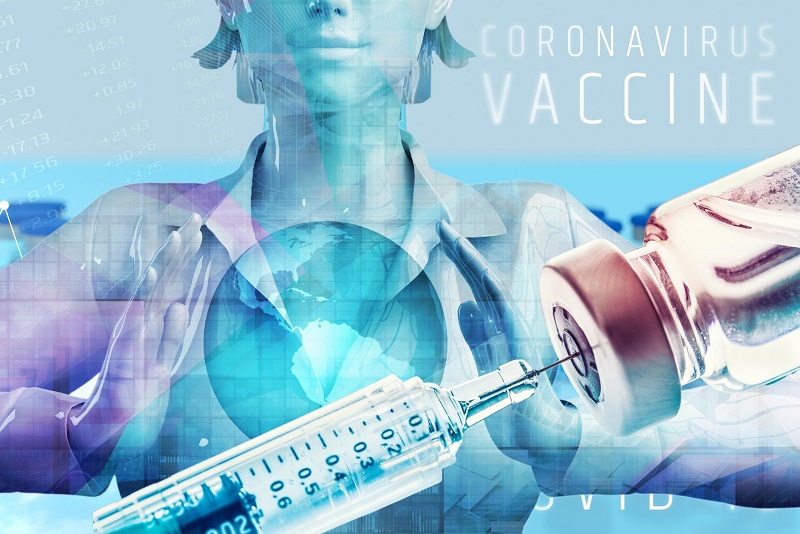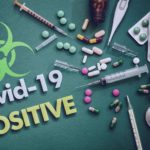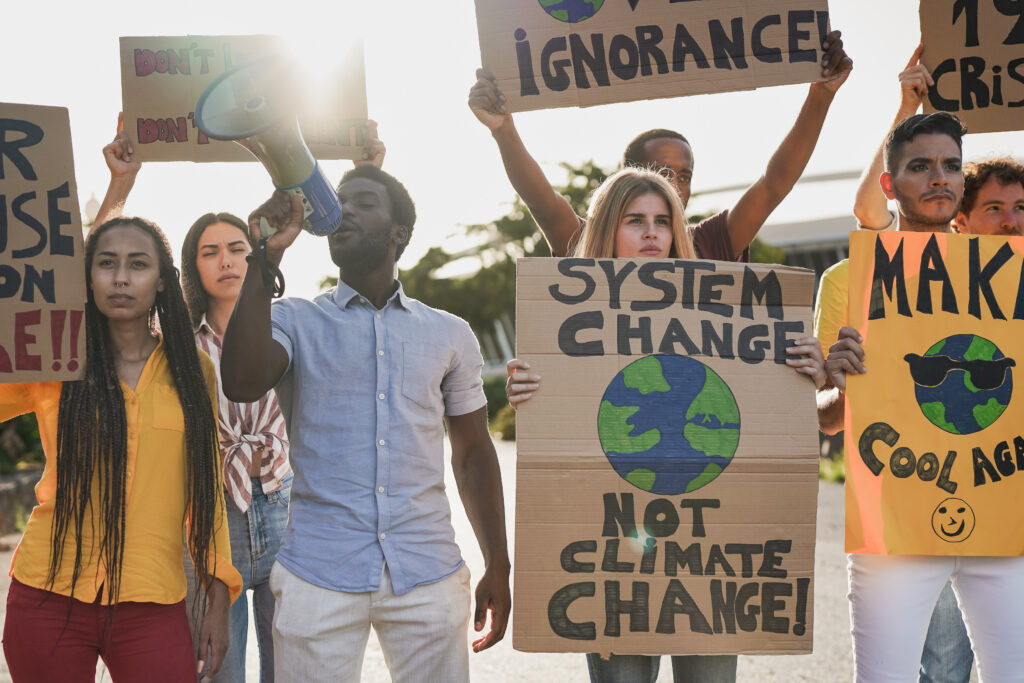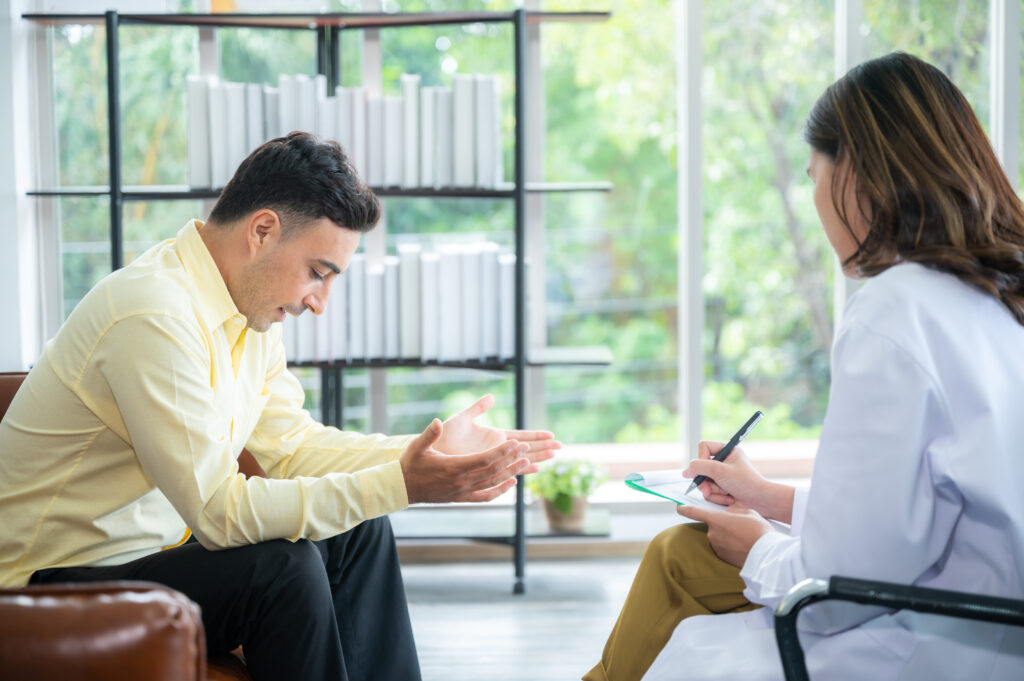Since Dec.11, 2020, the first vaccine (Pfizer-BioNTech) was made available for emergency use authorization (EUA) by the FDA to individuals 16 years old and older, with hopes of stopping COVID-19.
FDA Commissioner Dr. Stephen Hahn called this development a ‘significant milestone’ in battling this devastating pandemic that has affected millions of families in the United States and around the world.
Fast forward to 2022, eight vaccine-makers have been approved by at least one stringent regulatory authority from the WHO with five still under assessment as of this writing.
Why vaccination is the best solution to stop COVID-19
With the number of vaccines made available, only around 61% of the total US population has received a single dose of a COVID-19 vaccine, 52% fully vaccinated, and 10% receiving a booster shot.
There has been much uncertainty and many myths associated with getting a COVID-19 vaccine:
- “Why do you still need to get a COVID-19 vaccine if you’ve been previously infected?”
- “What’s the use of being vaccinated if you can still be infected with the virus?”
- “The vaccines ‘were developed too quickly without proper research.”
- “COVID-19 vaccines contain microchips.”
- “The ingredients used to make the vaccine are dangerous.”
- “COVID-19 vaccines will alter your DNA”
This article aims to provide a better understanding of the importance of getting a vaccine, debunking common myths associated with the COVID-19 vaccine, and why health authorities around the world maintain that it’s the best solution to stopping the ongoing COVID-19 pandemic.
Importance of getting a vaccine:
As per the World Health Organization, equitable access to safe and effective vaccines is critical to ending the COVID-19 pandemic. Along with reducing the probability of suffering from a severe COVID-19 infection, what else would compel the public to get vaccinated? Here are two benefits to take into consideration:
- You lower the risk of creating a more potentially lethal variant
A natural tendency of a virus is to create more versions of itself, also known as mutations. When the number of cases and infections rise, it gives the virus a chance to mutate into different forms, especially in unvaccinated individuals because it allows the virus to mutate freely without having to face COVID-19 antibodies given off from the vaccine.
How do variants mutate?
As Dr. Akiko Iwasaki, Yale immunobiologist and leading COVID-19 researcher said: “When viruses enter the host cells, they replicate and make copies of their genomes. Along the way, they inevitably introduce some errors into their code, changing how the virus behaves.”
- You decrease your chances of developing long-COVID
Long-COVID has become a serious problem for COVID-19 survivors, with researchers suggesting those with severe infections and underlying medical conditions are most at risk. According to a study from the Penn State College of Medicine Researchers: “More than half of the millions of people who have been diagnosed with COVID-19 worldwide since December 2019 will experience post-COVID symptoms up to six months after recovering.”
By getting vaccinated, you greatly lower the chances of getting a severe infection.
As Dr. Kami Kim, infectious disease specialist in South Florida said: “It’s sort of like asking, do you need airbags and seat belts when you drive? Just because you have airbags doesn’t mean that seat belts won’t help you and vice versa. It’s good to have the protection of both.”
Here’s what you should also know about the vaccines as per CDC:
- Getting vaccinated can lower your risk of getting and spreading the virus that causes COVID-19.
- Steps have been taken to ensure that vaccines are safe and effective for people aged 5 years and older, according to the vaccine manufacturers
- When you are up-to-date with your COVID-19 vaccinations, you can resume many activities with proper precautions (e.g. mask-wearing in indoor public places)
- People are only considered to be fully vaccinated two weeks after receiving their vaccine.
Debunking some of the common myths associated with the COVID-19 vaccine
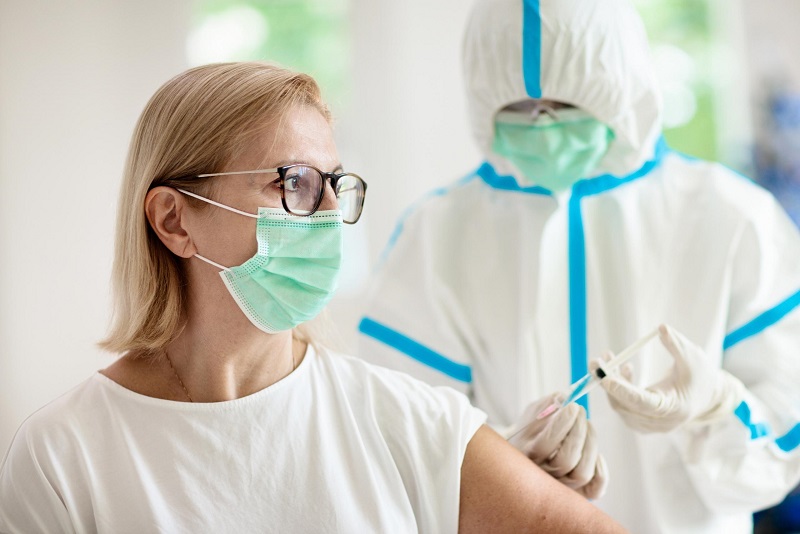
- “Natural immunity is better than getting a COVID-19 vaccine”
Why should you take the risk of potentially going through a severe infection? You can argue that you may live a healthier lifestyle and aren’t at risk of developing a severe infection, but if there’s one constant throughout this COVID-19 pandemic, it’s that anybody can face dire consequences when infected with COVID-19.
Vaccines, on the other hand, give your body natural immunity without having to go through the possible damaging and lasting effects of a disease. With reports of hospitalization and death rates infrequent in vaccinated individuals, this further shows the effectiveness and importance of getting vaccinated.
- “COVID vaccines don’t work because you can still be infected with the virus”
Like with all vaccines, none are 100% effective in fighting a virus or illness.
With every COVID-19 vaccine, all need to go through multiple clinical trials to measure their safety, efficacy, and quality before they are approved by the WHO.
For a vaccine to be approved, they would need an efficacy rate of at least 50%. For those approved for use in the United States, the following efficacy rates have been reported by Yale Medicine:
Pfizer: Composed of two shots, given 21 days apart, Pfizer’s vaccine has a reported efficacy of 91.3%. This number was based on how well it can prevent symptomatic infections seven days to six months after receiving the second dose. One CDC report also stated that the efficacy of a Pfizer vaccine does decline after six months, reporting a drop in efficacy from 91% to 75%.
Moderna: Also composed of two shots, only this time given 28 days apart, Moderna’s vaccine has a reported efficacy of 90% against infection six months after the second dose. Another study also found that the Moderna vaccine was 96.3% effective in preventing symptoms in health care workers specifically, while Pfizer’s effectiveness was only at 88.8%.
Johnson & Johnson: One of the rare vaccines that consist of only a single shot, the Johnson & Johnson vaccine has an efficacy rate of 72% two weeks after vaccination. However, this number can increase to around 94% against moderate to severe disease once given the booster shot, which can be given two months after vaccination.
- “COVID-19 vaccines aren’t safe because they were developed too quickly”
As mentioned earlier, all approved vaccines undergo a series of clinical trials before they are ready for distribution. Much has changed since the last global pandemic: the methods of research, funding, and technology are just some of the aspects that have seen major breakthroughs.
And like with all vaccines, once it becomes approved, it will be closely monitored and improved.
- “mRNA COVID-19 vaccines can alter a person’s DNA”
mRNA vaccines are effective because they teach your cells how to make copies of the spike protein in case you get infected with the real virus later. Injecting mRNA cells into your body will not alter your body functions, insist the vaccine manufacturers. Once the body can produce an immune response, usually two weeks, “it discards all the vaccine ingredients just as it would discard any information that cells no longer need” as per the CDC.
There’s still so much left to uncover about a person’s natural immunity after going through COVID-19. It would depend on the severity of the infection, age, and other factors.
Knowing that the possibility of reinfection is not beyond the realm of possibility, getting a full dosage of the vaccine and booster shot is, according to health authorities, your best bet to protect you and your loved ones from developing a severe infection from COVID-19.
